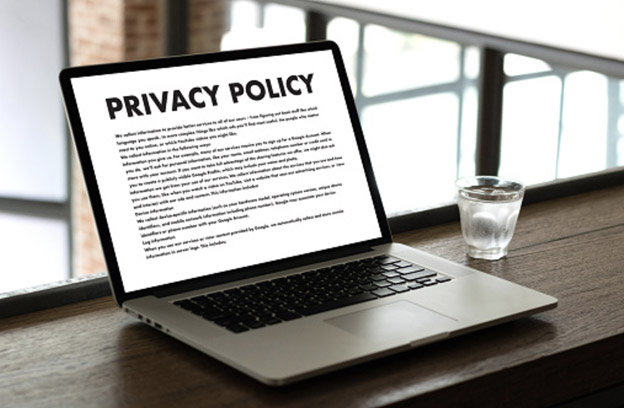Our Blog
What is covered in a privacy policy?



Privacy policies are a statement or a legal document that discloses some or all of the ways a party, company, or entity, gathers, uses, discloses, and manages a customer or client’s data. Similar to Lampert & Walsh Privacy Policy, there are a few things you need to legally cover in order to protect your business.
The Information Your Company Collects
Your privacy policy should describe how the user information that your company collects is used. Common categories might include:
- Personal information: Disclosure that your site will collect and maintain personal information from users. This might include names, addresses, mobile telephone numbers, email addresses, and any other info you collect.
- Usage and analytics data: This data is valuable to your company for various reasons, and you can let your customers know this. It will be used for internal purposes, including troubleshooting and improving the site’s functionality.
- Cookies: If your site uses cookies, then you should disclose this. One standard verse to place into your privacy policy is: “Most web browsers are initially set up to accept cookies. You can reset your web browser to refuse all cookies or to indicate when a cookie is being sent. Please note, however, that certain features of the site might not function if you delete or disable cookies. THE SITE’S COOKIES DO NOT AND CANNOT INFILTRATE A USER’S HARD DRIVE TO COLLECT ANY INFORMATION STORED ON THE HARD DRIVE.”
How Your Company Utilizes User Information
Your website’s privacy policy should explain to users how their collected data will be utilized. This might include:
- Shipping information: Including address or user information.
- Customer service: If you store customer information in regards to customer service such as for returns, repairs, replacements, cancellations, rescheduling, or billing you should let your customers know this.
- Third-party service providers: For those who store personal user information in connection to website maintenance, upgrades, releases, or analytics, it is important to notify your customers of this. Make it very clear that their data will be shared with third-party service providers.
If Your Company Shares Data
Your privacy policy should describe other instances in any form where you may share user information,
- Sharing with affiliates: In order to share this data, your company must be permitted by the user. This can include any affiliated entities, such as a parent company. This also affects mergers, stock purchases, asset purchases, or other acquisitions.
- Law Compliance: There are instances where your company may be required to disclose user information due to court orders or specific laws.
Miscellaneous Categories
These categories vary from company to company, but there are many options for categories you can include in your privacy policy.
- Security reassurance. This will tell users that you are doing everything possible to keep their data safe.
- Storage and maintenance of user data in a way that will comply with all United States laws.
- Notice that users may always update their user information
- Changes to the privacy policy
- Caution the user to keep their own data safe such as passwords, usernames, location, images, and videos.



